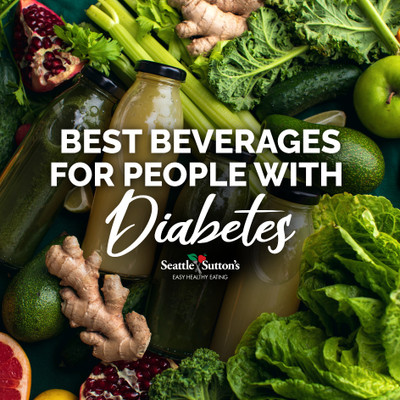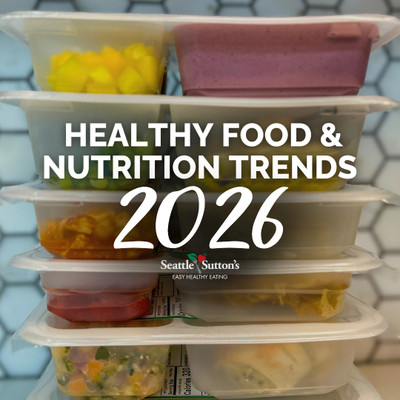FDA’s New Sodium Guidelines
Americans have a long-standing love affair with salt. Americans eat about 1 ½ teaspoons of salt daily or 3,400 milligrams. That amount has not changed in years and is nearly a third more than what the federal government deems as safe for good health. It’s recommended by the federal government that the average adult consume no more than 2,300 milligrams a day (the American Heart Association recommends no more than 1,500 milligrams per day).
What’s the biggest culprit for salt in foods? Many people may say the salt shaker, but that’s simply not true. Sure, there are people who regularly and without regard for tasting food sprinkle on more salt onto their food. Most hidden salt is actually from processed foods and restaurant meals, which make it harder for people to control how much they eat of it.
The good news is that late last week the Food and Drug Administration (FDA) issued new guidelines for food companies to voluntarily comply to reduce sodium levels. This is a first ever move by the FDA to make sodium recommendations and a step in the right direction, if you ask me. Often people unknowingly ingest high levels of sodium on a regular basis and don’t know the harm they are doing to themselves until their health is at risk and they are sick with high blood pressure, heart disease or suffer a stroke.
Why worry about sodium? Well, it’s simple. It comes down to higher levels of sodium has been associated with increased blood pressure. High blood pressure is a form of heart disease. Heart disease is the leading cause of death in our country. This move by the FDA could result in hundreds of thousands of fewer people dying from heart disease and stroke.
It could be a year or more before consumers start to see an impact on sodium levels. The reason for this issuance in terms of prevention was good one – high sodium levels in packaged foods and restaurant fare is the norm for the majority of Americans.
Good news already! Some food manufacturing companies have already taken steps to lower sodium levels. Hopefully, with this guidance by the FDA, even more companies will follow suit and consumers will take a closer look at sodium levels in the prepared packaged foods and in restaurant meals they consume to make healthier choices for themselves and their families. This in turn, will reduce rates of heart disease and stroke and have an impact on death rates.
Better for you - without counting!
Seattle Sutton’s Healthy Eating (SSHE) provides sodium restricted freshly prepared meal plans, which are an ideal diet for people who need or want to reduce their sodium intake. Give us a try for a week, we know you’ll be glad you did…and, the best part with SSHE, there’s no counting milligrams or guessing how much sodium you are eating.







 Weight Loss
Weight Loss Health & Wellness
Health & Wellness Diabetes
Diabetes Heart Health
Heart Health Motherhood & Family
Motherhood & Family Dietary Restriction
Dietary Restriction Other Health Conditions
Other Health Conditions About SSHE
About SSHE


